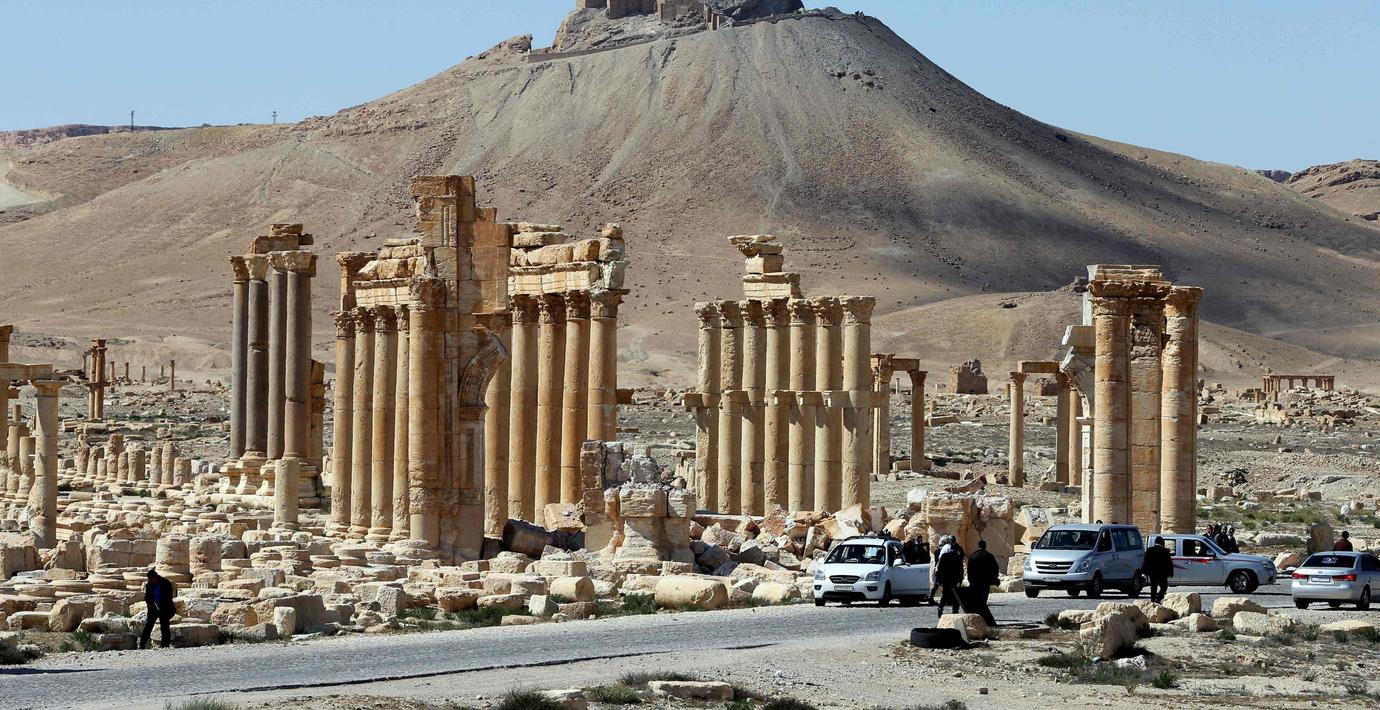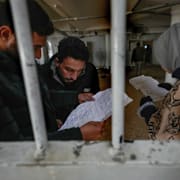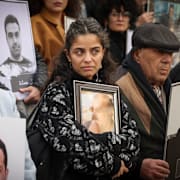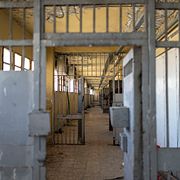
Kontrollerades av IS – nu ska Palmyra locka turister
För de flesta förknippas Syrien främst med det fem år långa inbördeskriget som har skördat över 400 000 människoliv och flyende civila som gör allt för att lämna landet. Men nu vill Syriens turistdepartement att fler i stället ska rikta blicken mot landets historiska landmärken och stränder och välja Syrien som nästa semesterdestination, skriver Washington Post.
En av platserna departementet skyltar med är Palmyra, ett av Unescos världsarv, som tills för nyligen kontrollerades av terrororganisationen IS.
bakgrund
Kriget i Syrien
Wikipedia (en)
The Syrian civil war (Arabic: الحرب الأهلية السورية) is an ongoing multi-sided armed conflict in Syria in which international interventions have taken place. The war grew out of the unrest of the 2011 Arab Spring and escalated to armed conflict after President Bashar al-Assad's government violently repressed protests calling for his removal. The war is now being fought among several factions: the Syrian Government, a loose alliance of Syrian Arab rebel groups, the Syrian Democratic Forces, Salafi jihadist groups (including al-Nusra Front) who often co-operate with the rebels, and the Islamic State of Iraq and the Levant (ISIL). The factions receive substantial support from foreign actors, leading many to label the conflict a proxy war waged by both regional and global powers.
Under the Assad regime, Syria went through significant neoliberal economic reform. This reform exacerbated disparities in wealth, which combined with a recession and several years of drought led to the spread of the Arab Spring to Syria. Protests quickly spread to the predominantly Kurdish areas of northern Syria.
Syrian opposition groups formed the Free Syrian Army and seized control of the area surrounding Aleppo and parts of southern Syria. Over time, factions of the Syrian opposition split from their original moderate position to pursue an Islamist vision for Syria as al-Nusra Front and ISIL. In the north, Syrian government forces largely withdrew to fight the FSA, allowing the Kurdish YPG to move in and claim de facto autonomy. In 2015 the YPG joined forces with Arab, Assyrian, Armenian and Turkmen groups forming the Syrian Democratic Forces.
As of February 2016, the government held 40% of Syria, ISIL held around 20–40%, Arab rebel groups (including al-Nusra Front) 20%, and 15–20% is held by the Syrian Democratic Forces. Both the Syrian Democratic Forces and the Syrian Army have made recent gains against ISIL.
International organizations have accused the Syrian government, ISIL and other opposition forces of severe human rights violations and of multiple massacres. The conflict has caused a considerable displacement of population. On 1 February 2016, a formal start of the UN-mediated Geneva Syria peace talks was announced by the UN but fighting continues unabated.
Omni är politiskt obundna och oberoende. Vi strävar efter att ge fler perspektiv på nyheterna. Har du frågor eller synpunkter kring vår rapportering? Kontakta redaktionen



